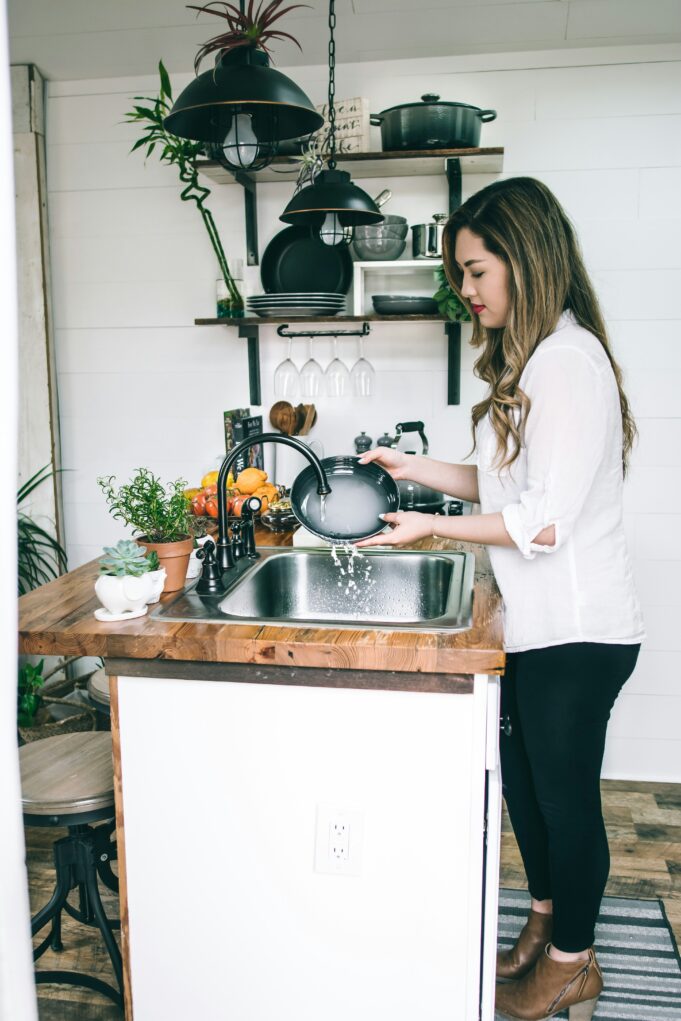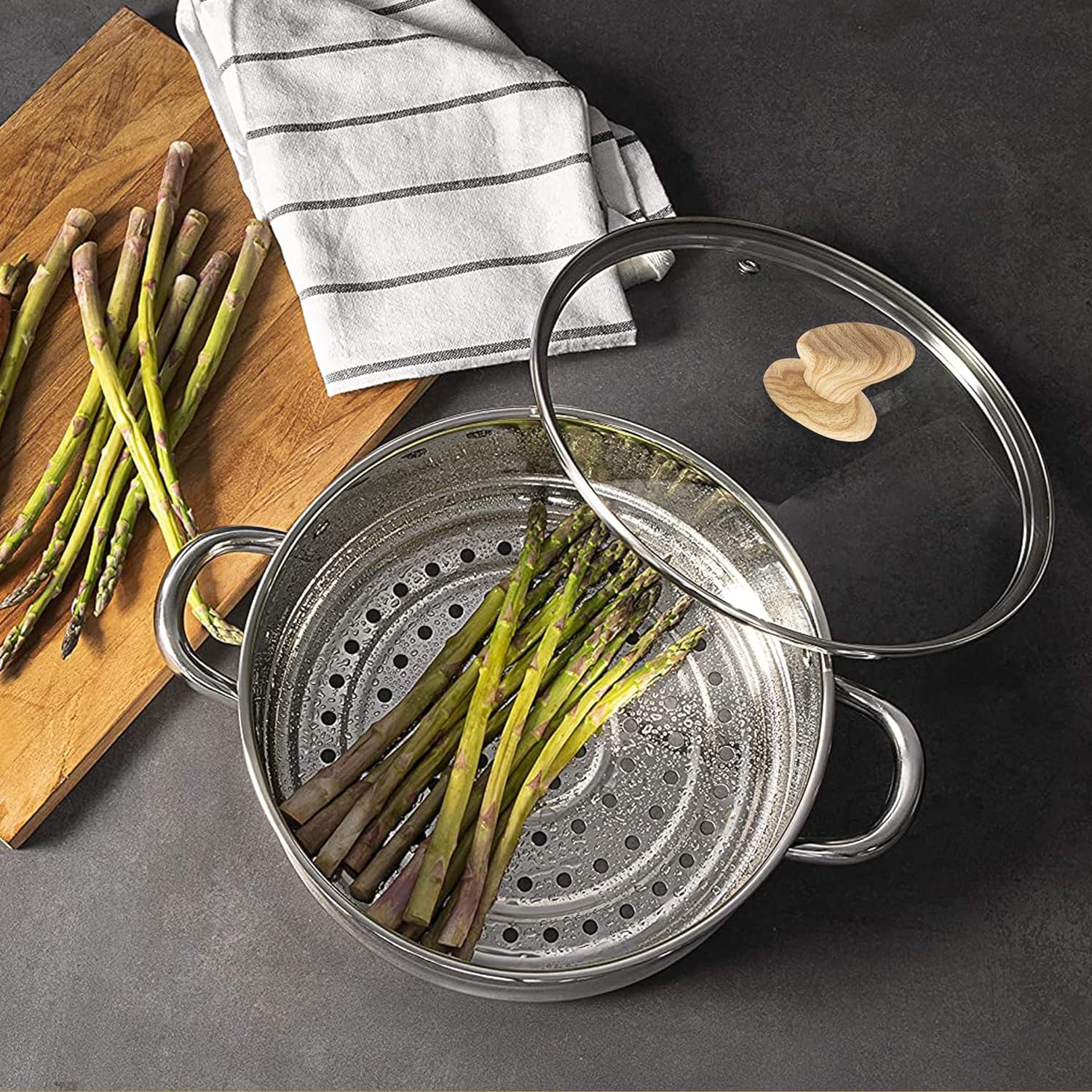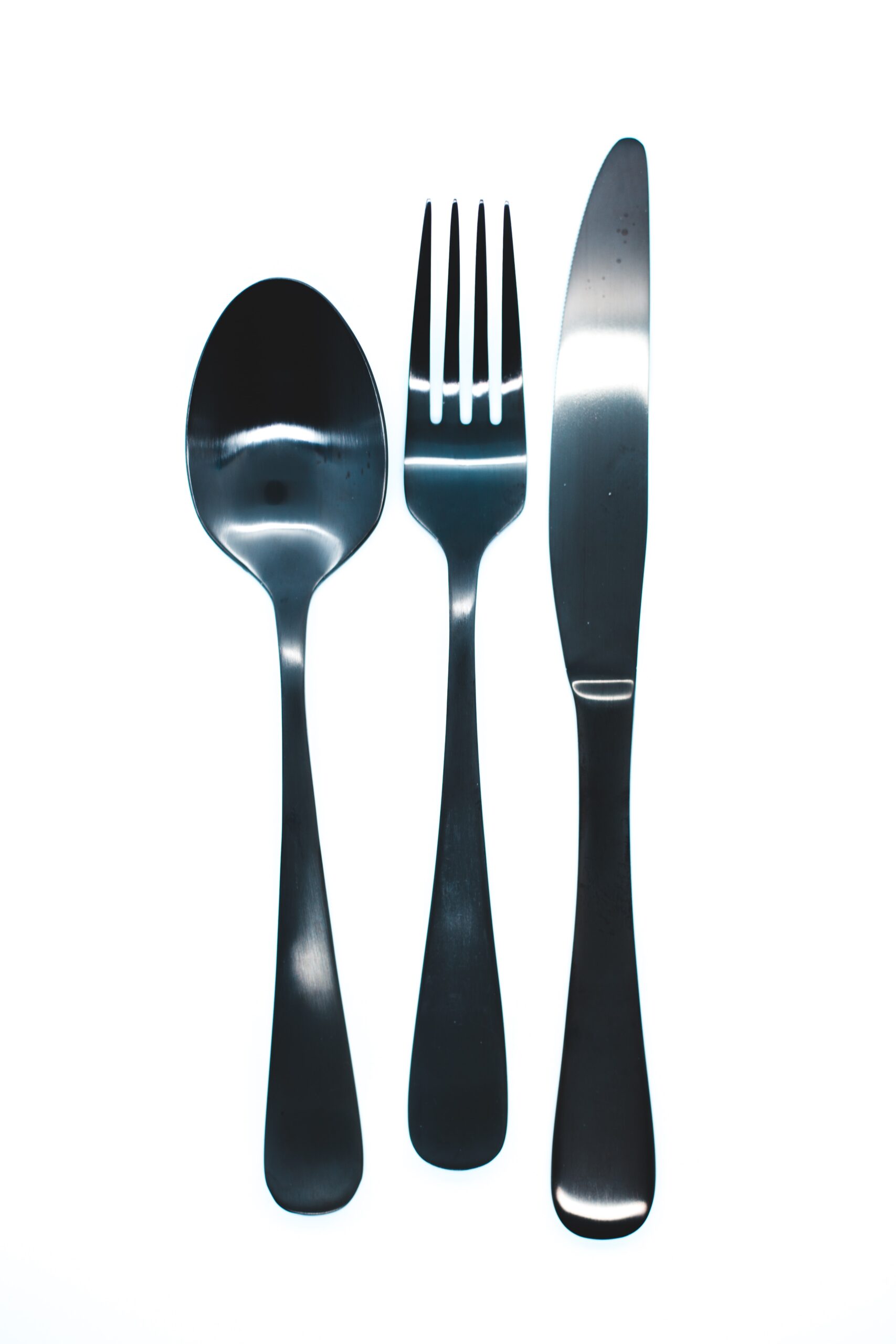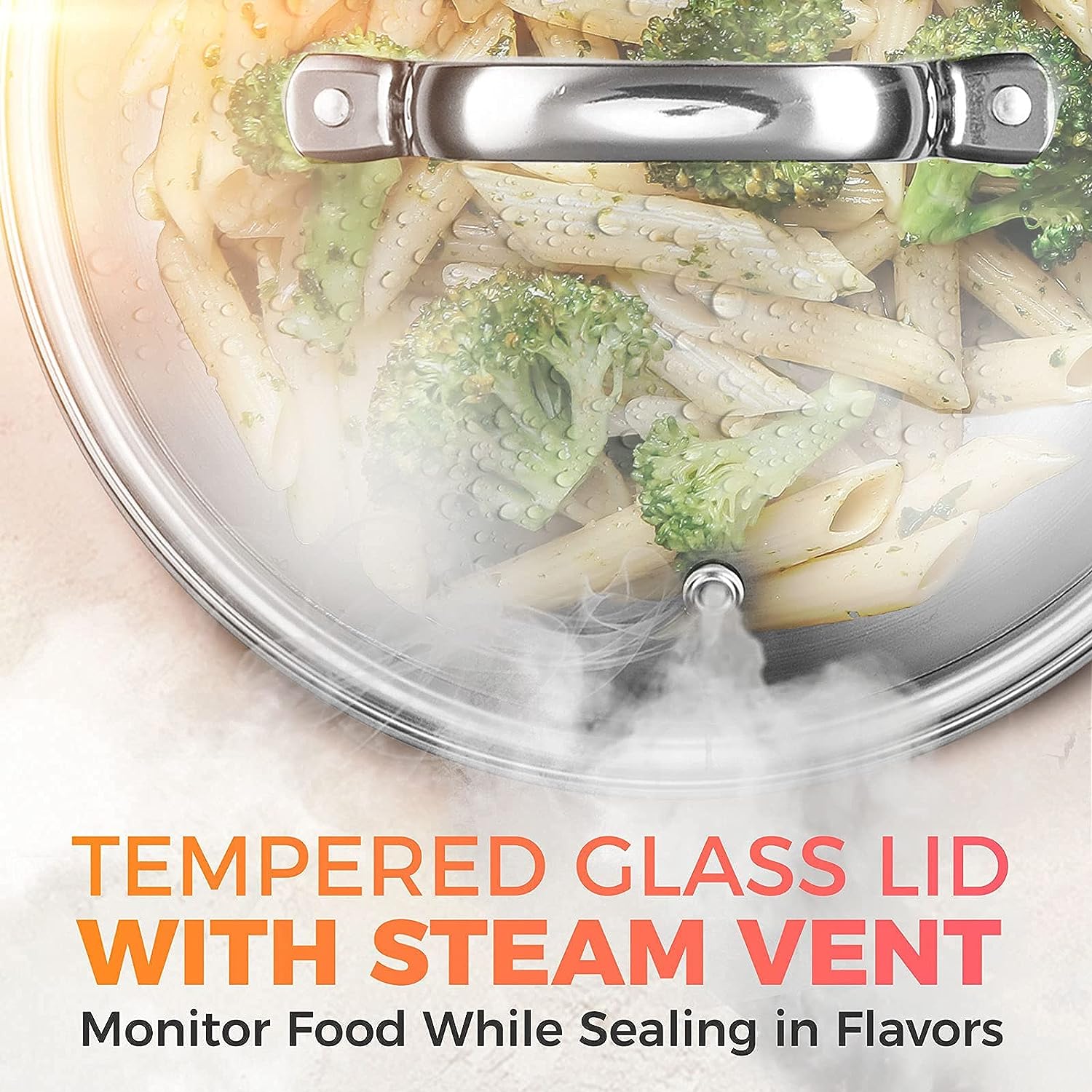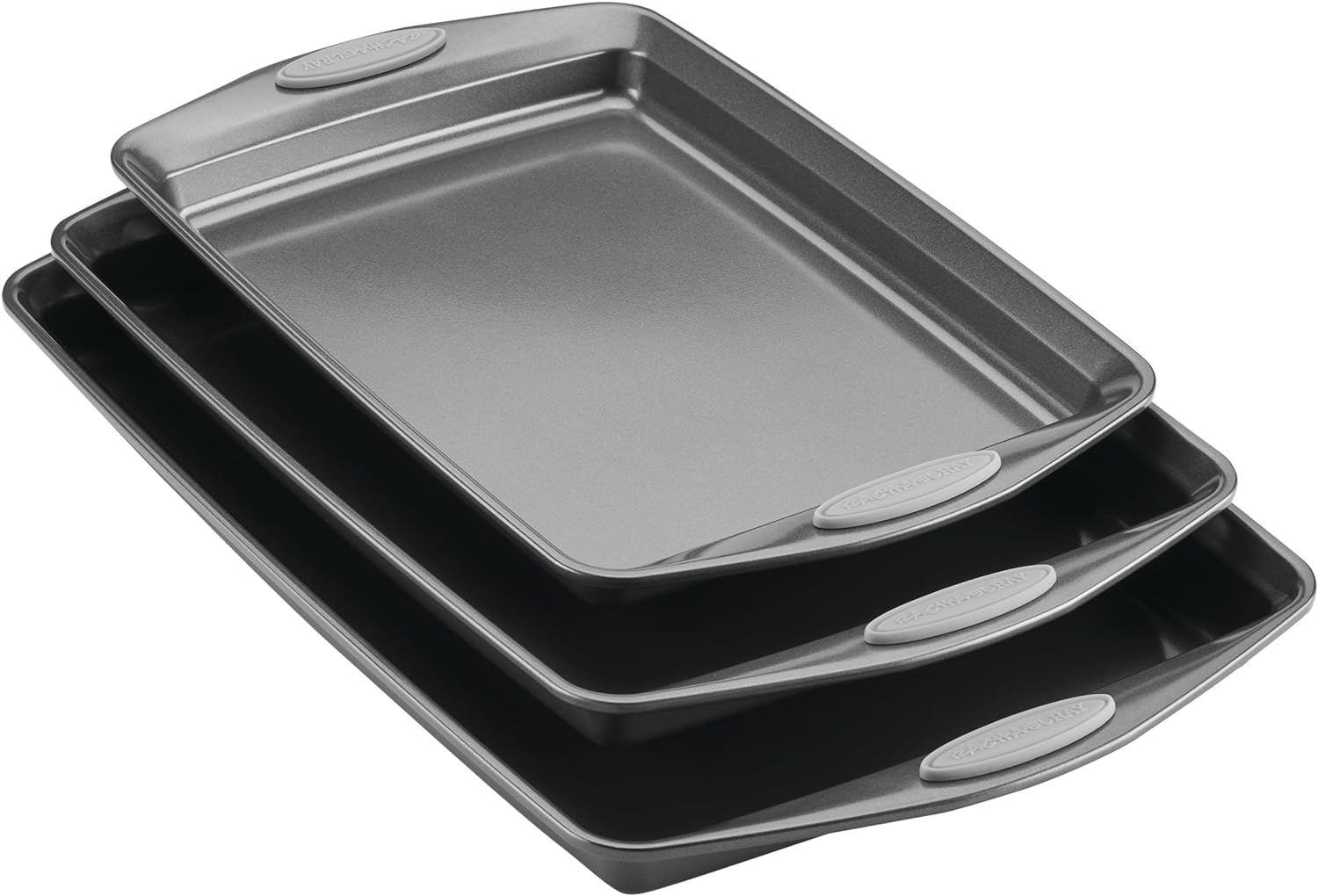Do you want your pots and pans to last a long time? Here are some simple tips to help you take care of them. Always wash them gently with soap and water, avoid using metal utensils to prevent scratches, and store them properly by stacking them neatly and using protective pads. By following these tips, you can ensure your cookware stays in great shape for many years!
Have you ever wondered how to make your pots and pans last longer? Cooking is fun, but taking care of your cookware is essential to ensure it stays in good condition for a long time. This article will explore maintenance tips for easy cleaning and long-term use of your cookware. Let’s dive in!
Understanding Different Types of Cookware
Cookware comes in various materials, each with its benefits and drawbacks. Common types of cookware include stainless steel, non-stick, cast iron, and aluminum. It’s essential to understand the characteristics of each type of cookware to know how to care for them properly.
Stainless Steel
Stainless steel cookware is durable, non-reactive, and resistant to stains and rust. It is relatively easy to clean and does not require seasoning like cast iron. However, stainless steel cookware can be prone to discoloration and food sticking to the surface if not used correctly.
Non-Stick
Non-stick cookware is coated with polytetrafluoroethylene (PTFE) or ceramic to prevent food from sticking. It is convenient for cooking delicate foods like eggs and pancakes without excess oil. However, non-stick coatings can wear off, especially if scratched with metal utensils.
Cast Iron
Cast iron cookware is known for its excellent heat retention and even cooking. It requires seasoning to create a natural, non-stick surface and prevent rusting. Cast iron cookware is versatile and can go from stovetop to oven, but it requires more maintenance than other cookware types.
Aluminum
Aluminum cookware is lightweight, affordable, and an excellent heat conductor. However, aluminum can react with acidic foods, leading to off-flavors and discoloration. Anodized aluminum cookware is treated to prevent these reactions and enhance durability.
Understanding the characteristics of each type of cookware will help you determine the best practices for cleaning and maintenance.
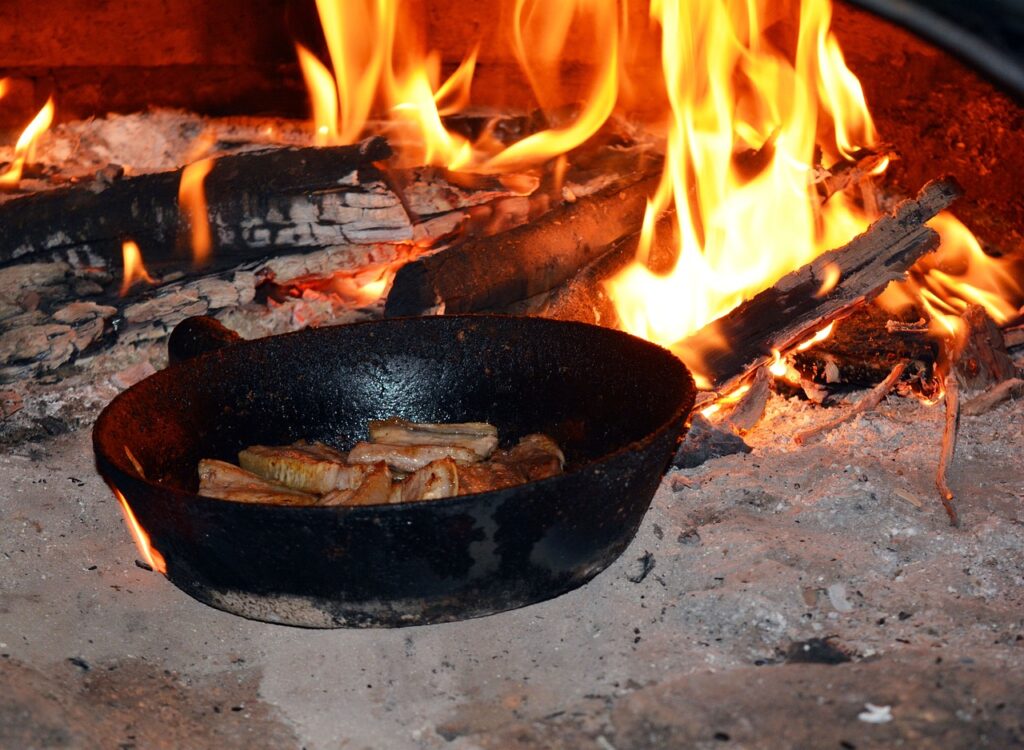
Tips for Easy Cleaning
Proper cleaning is essential for maintaining the quality and longevity of your cookware. Here are some tips for easy cleaning of different types of cookware:
Stainless Steel
- Use a non-abrasive sponge or cloth to clean stainless steel cookware to avoid scratching the surface.
- Soak the cookware in warm water and baking soda before scrubbing to remove stubborn stains.
- Avoid harsh cleaners or abrasive pads that damage the stainless steel finish.
Non-Stick
- Use wooden or silicone utensils to prevent scratching the non-stick coating.
- Hand-wash non-stick cookware with mild dish soap and a soft sponge.
- Avoid using metal utensils or abrasive cleaners that can wear off the non-stick coating.
Cast Iron
- Avoid using soap to clean cast iron cookware as it can strip away the seasoning.
- Use a stiff brush or salt to scrub off food residue without removing the seasoning.
- After cleaning, dry the cast iron cookware thoroughly and apply a thin layer of oil to prevent rusting.
Aluminum
- Hand-wash aluminum cookware with warm, soapy water and a soft sponge.
- To remove stains, make a paste of equal parts baking soda and water and scrub gently.
- Avoid using acidic cleaners that can damage the aluminum surface.
Proper cleaning techniques will help preserve the quality of your cookware and prevent damage over time.
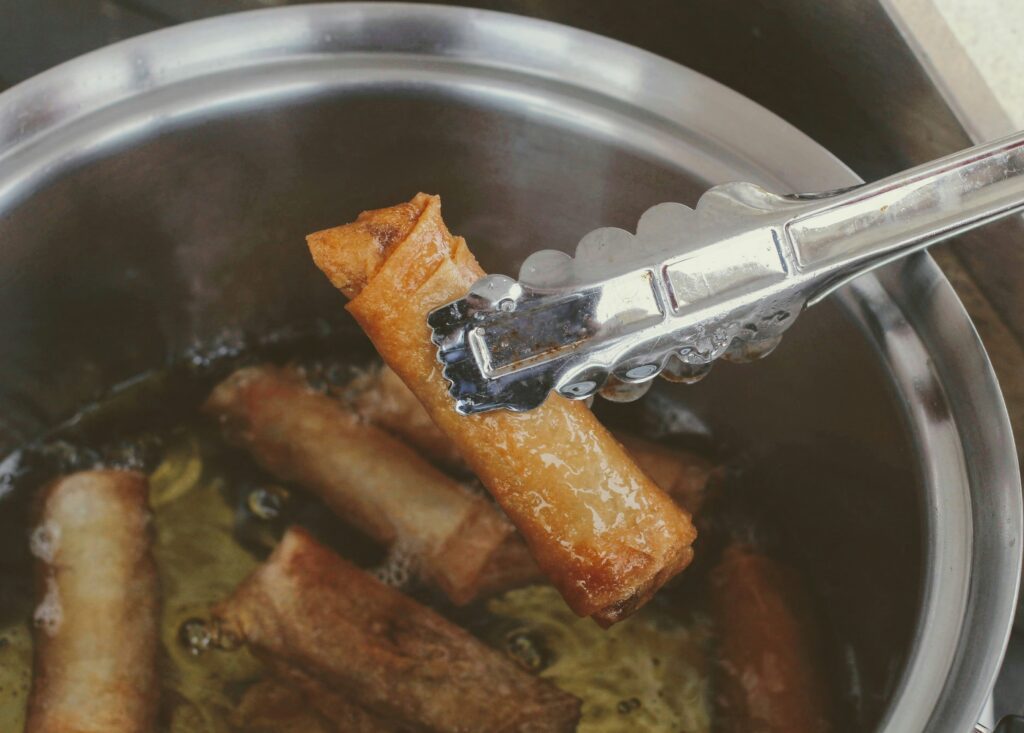
Long-Term Maintenance
In addition to regular cleaning, long-term maintenance is crucial for extending the lifespan of your cookware. Here are some tips for long-term care of your pots and pans:
Storage
- Store your cookware in a dry, well-ventilated area to prevent moisture buildup and rust.
- Use pot protectors or soft cloths to prevent scratches when stacking cookware.
Seasoning
- Regularly season cast iron cookware to maintain a non-stick surface and prevent rusting.
- Apply a thin layer of oil after each use to protect the seasoning.
Avoid High Heat
- Avoid cooking on high heat with non-stick cookware, as it can damage the coating.
- Use low to medium heat settings with non-stick pans to prevent warping and prolong the lifespan of the cookware.
Handle with Care
- Avoid dropping or banging your cookware, which can cause dents and scratches.
- Use oven mitts or pot holders to handle hot cookware and prevent burns.
By following these long-term maintenance tips, you can prolong the life of your cookware and enjoy using them for years to come.
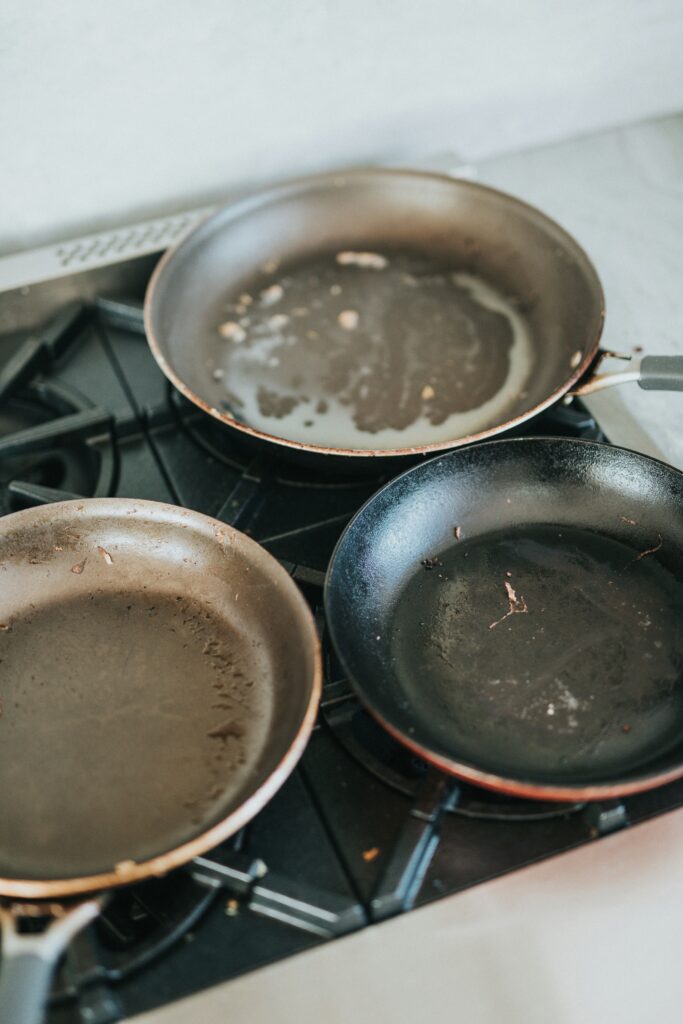
Troubleshooting Common Issues
You may encounter common issues with your cookware despite proper care and maintenance. Here are some troubleshooting tips for addressing these problems:
Sticking Food
- If food sticks to your stainless steel cookware, use vinegar and water to loosen the residue.
- For non-stick pans, re-season the surface by applying a thin layer of oil and baking in the oven.
Rust
- If you notice rust spots on your cast iron cookware, scrub them with steel wool and re-season the affected area.
- To prevent rust on aluminum cookware, ensure it is scorched before storing it and avoid using harsh cleaners.
Scratches
- Minor scratches on non-stick pans can be filled with oil and baking soda before washing.
- Avoid using abrasive cleaners or scrubbing pads that can worsen scratches on stainless steel and aluminum cookware.
By addressing common issues promptly and using appropriate troubleshooting techniques, you can maintain the quality of your cookware and prevent further damage.
In conclusion, maximizing your cookware’s lifespan requires proper care, regular cleaning, and long-term maintenance. By understanding the characteristics of different types of cookware and following these tips, you can enjoy using your pots and pans for years to come. Happy cooking!


